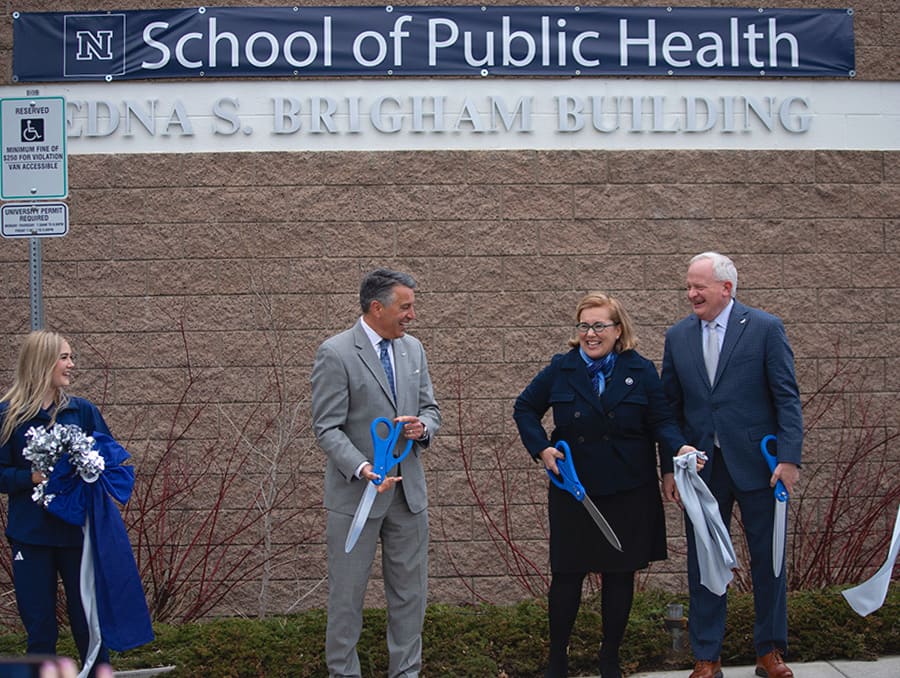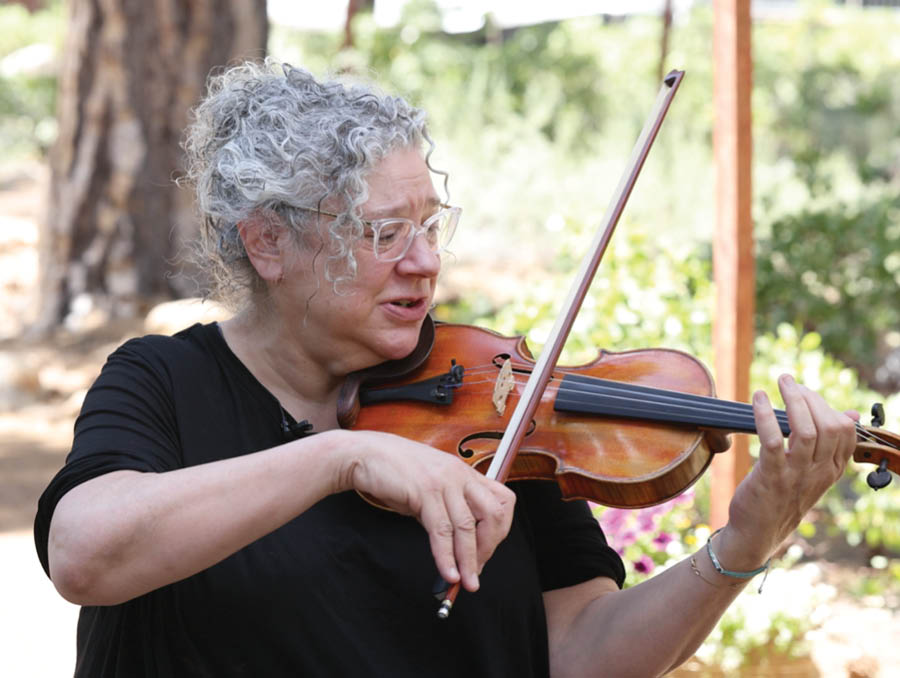President Marc Johnson stressed the University of Nevada, Reno's value as a clearing house for knowledge and workforce talent during his participation on one of three panels Wednesday during the Governor's Conference on Small Business at the Grand Sierra Resort.
Johnson, along with Truckee Meadows Community College President Maria Sheehan and International Game Technology (IGT) Executive Vice President for Human Resources Aimee Hoyt, was part of an hour-long panel, "Educating Tomorrow's Workforce," which included questions from an audience of representatives and owners of more than 200 small businesses in Nevada.
The event also included a keynote address from Nevada Gov. Brian Sandoval and special guest speaker Anthony Levandowski of Google.
Johnson told the audience that the University is well-positioned to meet the needs of the local and state business community. He pointed to a faculty and a student body that is "on the front edge" of discovery and accomplishment in the fields they teach and study.
He used Computer Science and Engineering Associate Professor Eelke Folmer as just one example. Folmer, it was announced recently, won a competitive Google Research Award for his proposal, "An Indoor Navigation System for Blind Users using Google Glass." Google Research Awards are one-year awards structured as unrestricted gifts to universities to support the work of world-class full-time faculty members around the world. Folmer's project was one of three projects, out of 550 applicants, mentioned in Google's announcement of these awards.
"That's staying on the front edge," Johnson said.
Johnson was asked several questions by the audience, as well as moderator Bruce Breslow, director of Nevada's Department of Business and Industry.
Of particular note, Johnson was questioned about ways the University is "bridging the gap" between the needs of higher education and the needs of the business community.
Johnson cited the University's numerous internship programs.
"(Internships) give our students an opportunity to not only put their knowledge to work ... they help them get involved with your company," Johnson said. He added that such early involvement can often lead to a student developing a strong feeling of loyalty toward the company when the internship is done. "Just a three-month internship can create extreme loyalty for the students," he said.
Hoyt added that IGT, using University students, has created 25 positions for a 24/7 information technology internship program.
She echoed Johnson: "I agree internships are the best way to get your foot in the door."
Johnson also said the University, after several years of budget reductions, is again offering targeted help in the area of career development for students. He noted the creation last spring of the University's Career Studio, "Where we give training in resume development, dress, interview skills and the like."
"I have a great deal of faith in our students," Johnson said. "In our experience at the University, we've found that young people, when they get involved with projects, when they get involved with internships, they go deep."
Although national media stories are full of statistics indicating that college tuition is rising and that student debt after graduation is also high, Johnson noted that in Nevada, "We are holding our tuition costs down and our debt is not as high as other states."
He also expressed optimism about the future of the University's students. In many ways, with tremendous innovation at their fingertips in the form of hand-held technologies, University students have the potential to exceed what previous generations have learned and applied to their world.
"In these young people's hands are these electronic tools with a whole world of information at their fingertips," he said, noting that technological fluency remains one of the most important skills a modern college student can learn. "You learn to use the information that you have at your fingertips and you learn to use that information to solve a problem. And then boom, the problem is solved."











